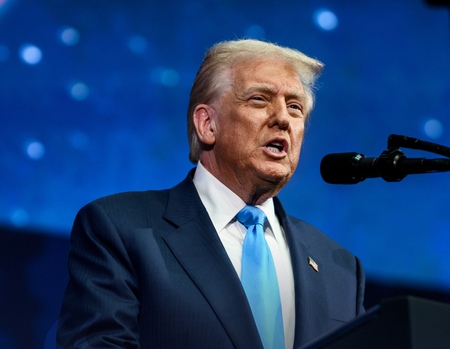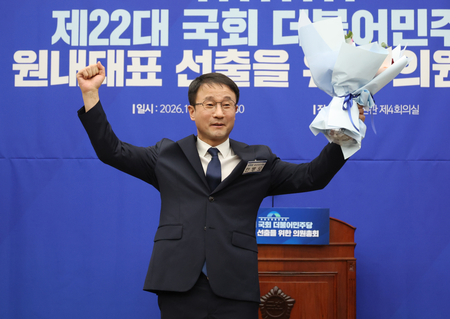

Islamabad, July 5 (IANS) The Pakistan government has made some sudden changes to the accountability laws, granting extra powers to the body probing former Prime Minister Imran Khan in graft cases, allowing it to issue arrest warrants and detain a suspect for a period of at least 30 days.
The latest changes, which were made through an ordinance promulgated by the acting president, are believed to help the government in providing relief to former premier Nawaz Sharif and his family facing graft cases. But it will also work in their favour to ensure Khan’s arrest and detention.
As per the promulgated presidential ordinance, at least six sections of the National Accountability Ordinance (NAO) were amended including the law that governs the National Accountability Bureau (NAB) and also about the powers of its head.
Previously, the NAB chief was barred from issuing arrest warrants during an inquiry stage and remand period after arrest was reduced from 90 days to a fortnight.
However, with the latest amendments in Sector 14-A and Section 26 of the NAO, the chief can issue arrest warrants against a suspect during an inquiry, if they do not cooperate with the investigation.
Moreover, an arrested suspect can be put behind bars for a period of at least 90 days instead of a fortnight.
“The government is playing openly against Imran Khan and is doing what it can to ensure that he is arrested and put behind bars. With the latest amendment of 90 days remand, the government would not want NAB to issue arrest warrants of Imran khan and then have him imprisoned for at least 90 days, which may give it even more time to work up its election campaign while Khan would be further silenced behind bars,” said Javed Siddique, a senior political analyst.
Khan has got grant cases against him being investigated by NAB and he has been ignoring the call-up notices on the cases.
Legal experts believe after the latest amendments, he could get arrested anytime.
“The ordinance revived the powers of NAB. This law may well be used against PTI (Pakistan Tehreek-e-Insaf) for the time being, but it could be used against PML-N (Pakistan Muslim League-Nawaz) or any political party in the future as well,” said Kashif Ali Malik, advocate Supreme Court.
The government however, is defending its decision, stating that a fortnight was not enough to interrogate and gather evidences in “white collar crimes”.
–IANS
hamza/ksk




